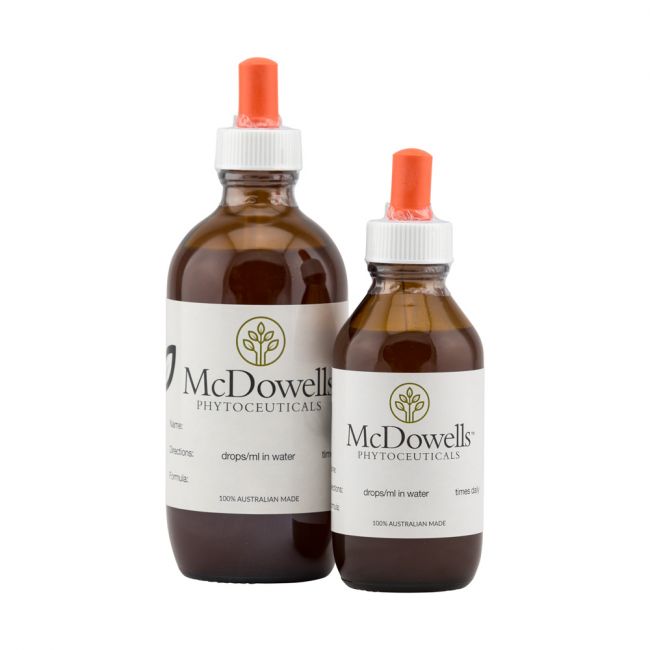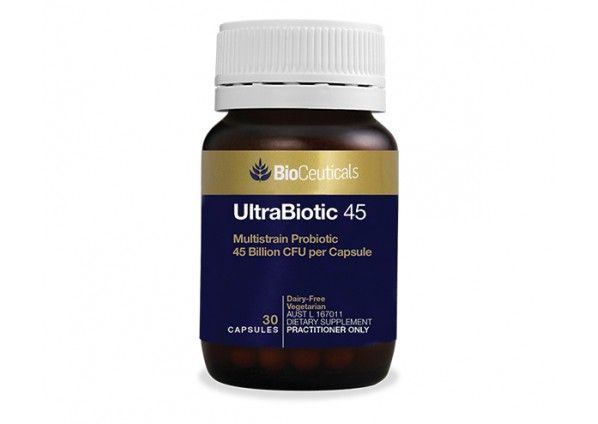Candida is the popular term for candidiasis or candia albicans. Candidiasis is truly a modern disease, brought on by medication like antibiotics and the contraceptive pill along with a modern diet of refined, sugary foods and high carbohydrate snacks.

Candida comes about via a yeast-like fungi called Candida albicans. Not a foreign invader at all, Candida occurs naturally in the vagina, on the skin in moist areas and especially in the digestive tract. Only when it gets out of hand and grows disproportionately in the intestines does it begin to contribute to various health problems, including appetite loss, belching and an overabundance of stomach acid. One of the biggest concerns is graphically termed a "leaky gut."
Candida is usually concentrated in the digestive tract. "Systemic" candidiasis, which occurs when Candida gets into the blood and travels to other parts of the body, is fortunately quite rare - it usually occurs only in people whose immunity is compromised, such as people with AIDS or those undergoing chemotherapy.
Candida is really an expression of an out of balance gut flora. Often more common in those who attempt to digest their stresses rather than express and clear them from their systems. In my experience around 40% of my patients will rather process their stress by upsetting aspects of their own digestive system 'in order to keep the peace' by snacking on high sugar 'comfort foods' for example rather than deal with the stresses outwardly.
Of course in the age of snacks, processed food and over-prescription of antibiotics there are imbalances which are caused directly by such substances which can foster yeast over-growths which can then develop a momentum of their own and get out of hand. Again, however, this is more common in folk whose own digestive system is not well protected emotionally.
Contributing Factors
- Prolonged use of antibiotics, corticosteroid drugs, and birth control pills, at any time in the past,
- A diet high in processed sugars which encourages candida growth, and
- Preexisting immunosuppression caused by drug or alcohol abuse, multiple blood transfusions, debilitating illness, organ transplants, or chemotherapy.
- Low stomach acidity leading to poorly digested food and
- Improper bowel movements leading to prolonged retention of fecal matter in the colon: these conditions promote yeast overgrowth.
Symptoms of candida
The symptoms of candida and their severity vary from person to person but the main ones are:-
- Chronic fatigue, especially after eating
- Depression, craving for breads and sugars (yeast eats sugar),
- Extreme mood swings, feelings of rage, especially after eating sugary foods,
- Feeling "drunk" after eating a meal high in carbohydrates (candida's waste is alcohol), hypoglycemia,
- Excessive mucous of the throat, nose, and lungs,
- Chronic fungal infections of the skin (jock itch, athlete's foot) or
- Vaginal/oral thrush,
- Diarrhea, anal itching,
- Short-term memory loss,
- Feeling "spacy," or forgetful
- Bloating or gas after eating.
The best way to deal with Candida is therefore to starve them of their primary nutrients, to tone the gut lining to make it more able to protect itself and to aid in the repopulation of the gut with healthy flora. Also of course to learn to handle stresses in slightly different ways.
I recommend stopping all eating between meals, stop processed and high sugar foods and drinks and to peel and swallow a single small fresh clove of garlic twice daily.
In addition to this I make up a herbal mix containing some of the 'bitter' herbs which not only discourage the yeast but tone the gut lining and some nervous system tonics, which assist in modifying your stress management reactions.
Nutritional suggestions
- Supplementation with acidophilus and bifido bacteria is essential to recolonize the intestines. While these bacteria will not kill candida, they inhibit candida's growth and, generally, clean up the bowels, making it more difficult for candida to thrive.
- A cup of chamomile tea just before or after eating will stimulate HCL production by the stomach. Chamomile will also ease any gas and/or bloating and contains potent anti-candida compounds.
- Since candida loves sugar, it must be avoided in all its forms (dextrose, sucrose, glucose, maltose, lactose, fructose). Low sugar fruits like strawberries, cherries, and papayas can be eaten in strict moderation
- Restrict the following foods for 3 month period: wheat, rye, milk, cheese, alcoholic or caffeinated beverages, potatoes, honey, mushrooms, and vinegar: all these foods promote yeast growth or can aggravate already present yeast colonies.
- Clean up the digestive system, the ultimate source of the problem.
- Drink 4-5 glasses of water per day and adequate fiber intake to avoid constipation
McDowells product recomendations
The Candida formula is designed to aid in balance of gut flora. The mix includes Garlic, Golden Seal, Liquorice, Chamomile, Dandelion, Wormwood, PauD'arco and Ginger along with the Bach Flower Remedies: Chestnut Bud, Red Chestnut and Aspen.




